Seasonal House Sitting: Expert Care for Your Property’s Well-being
House sitting is a valuable service that ensures property care during seasonal transitions, preventi…….
House-Sitting: A Key Lifestyle and Economic Activity in the Modern World
Introduction
In the realm of alternative living arrangements, house-sitting emerges as a pivotal activity that intertwines the threads of trust, sustainability, and global mobility. This comprehensive article delves into the intricacies of house-sitting, exploring its historical context, relevance in contemporary society, and its multifaceted impact on various aspects of life. We will journey through the economic dynamics, technological advancements, policy considerations, and real-world case studies that shape this unique lifestyle choice. By the end of this exploration, readers will be well-equipped with a comprehensive understanding of house-sitting’s significance and its potential to influence future living patterns globally.
Understanding House-Sitting
House-sitting involves a mutually beneficial arrangement where a homeowner temporarily leaves their residence to a sitter, who looks after the property in their absence. The practice has been around for centuries, evolving from a simple act of trust between individuals to a structured service with global reach. Its core components include property maintenance, security, and sometimes pet care, all performed without financial compensation, though some modern arrangements may include compensation.
Historically, house-sitting was a necessity for travelers who needed someone to oversee their homes while they were away. Over time, it has grown into a lifestyle choice for individuals seeking to explore the world while saving on accommodation costs. It also offers homeowners peace of mind, knowing their homes are cared for in their absence. Today, house-sitting is recognized as a viable alternative to traditional housing and is supported by a burgeoning community of practitioners and platforms facilitating these arrangements.
Global Impact and Trends
The international influence of house-sitting is evident in its widespread adoption across different cultures and geographic regions. The rise of digital nomadism, remote work, and retirement tourism has propelled the popularity of house-sitting. In Europe, for example, countries like the United Kingdom, France, and Spain have active house-sitting communities that cater to both sitters and homeowners. In North America, platforms like TrustedHousesitters and HouseCarers connect members from across the globe, facilitating a diverse range of house-sitting opportunities.
Trends shaping the trajectory of house-sitting include the increasing prevalence of remote work, which allows individuals to maintain flexible lifestyles, and the growing interest in sustainable living practices. The COVID-19 pandemic has also influenced this trend, as travel restrictions and economic uncertainties have led more people to consider long-term house-sitting arrangements as a cost-effective alternative to traditional housing solutions.
Economic Considerations
From an economic standpoint, house-sitting has several implications. It can reduce housing costs for sitters, who often save money on rent or mortgage payments, utilities, and maintenance while they travel. For homeowners, it can alleviate the burden of maintaining an empty property and potential security risks. The savings realized by both parties can be significant, especially over longer periods.
Market dynamics are influenced by the supply and demand for house-sitting opportunities. In areas with high tourism or a large ex-pat population, the demand for house-sitters may outstrip supply, leading to more competitive arrangements. Economic patterns also show that in times of economic uncertainty, the interest in house-sitting can increase as individuals seek alternative living solutions to reduce expenses.
Technological Advancements
Technology has played a crucial role in advancing the house-sitting industry. Platforms such as HouseCarers, MindMyHouse, and TrustedHousesitters have become central hubs for homeowners and sitters to connect. These platforms offer user profiles, detailed property listings, and review systems that build trust and credibility among users.
The integration of smart home technology has also enhanced the house-sitting experience. Systems like Ring doorbells, Nest cameras, and smart locks allow sitters to monitor and manage properties remotely, providing homeowners with added security and peace of mind. In the future, advancements in artificial intelligence and machine learning could further automate property management, making house-sitting more accessible and efficient.
Policy and Regulation
Policies and regulations governing house-sitting vary by jurisdiction, with some countries and regions having clear legal frameworks while others lack specific provisions. In the United States, for instance, the legality of house-sitting depends on state laws and the terms set by the homeowner. In New South Wales, Australia, a formal agreement must be established to avoid any confusion regarding tenancy laws.
Legislation often addresses issues such as property damage, fraudulent activity, and liability for damages or injuries that occur during the sitter’s tenure. The evolution of these policies reflects societal shifts towards more flexible living arrangements and the need to protect both homeowners and sitters. It is crucial for individuals engaging in house-sitting to understand the legal implications in their specific location to avoid any unforeseen complications.
Challenges and Criticisms
Despite its benefits, house-sitting faces several challenges and criticisms. One of the primary concerns is the risk of property damage or theft, which can be mitigated through thorough vetting processes and clear agreements. Another challenge is the potential for a power imbalance between homeowners and sitters, particularly when there is an unequal exchange of value.
Criticisms have also arisen regarding the informal nature of house-sitting arrangements, which can lead to a lack of standardization and protection for both parties. The need for clear guidelines, dispute resolution mechanisms, and legal recognition of house-sitting agreements are areas that require attention to ensure the sustainability and growth of the industry.
Case Study: A Successful House-Sitting Experience
To illustrate the practical side of house-sitting, consider the story of Emma, a freelance graphic designer who has been house-sitting for over five years. Emma has lived in homes across four different countries, saving significantly on accommodation and immerising herself in new cultures. Her most recent house-sitting gig was in an Italian villa, where she cared for the property, a pool, and two friendly dogs while the owners enjoyed their summer vacation in the United States.
In exchange for her services, Emma had free use of the property, which included all utilities and amenities. She managed the villa’s smart security system, maintained the garden, and ensured the dogs were well-cared for. The experience allowed her to live rent-free in a stunning location while keeping up with her work commitments. Emma’s story is a testament to the transformative potential of house-sitting as both a lifestyle choice and a practical solution to housing needs.
Conclusion
House-sitting represents a unique intersection of trust, technology, and global trends. As a community, it offers a viable alternative to traditional living arrangements, with significant economic, social, and cultural benefits. The industry continues to evolve, influenced by advancements in technology, shifts in global mobility, and changing housing markets.
For individuals considering house-sitting, it is essential to approach the arrangement with caution, ensuring all legal requirements are met and a thorough understanding of the responsibilities involved. With the right preparation and mindset, house-sitting can be an enriching experience that opens doors to new opportunities and adventures around the world.
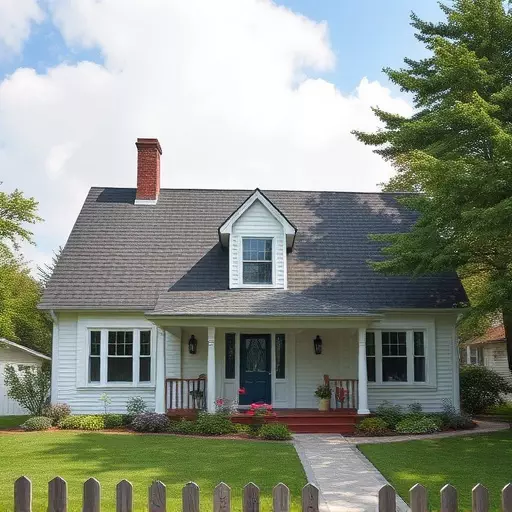
House sitting is a valuable service that ensures property care during seasonal transitions, preventi…….
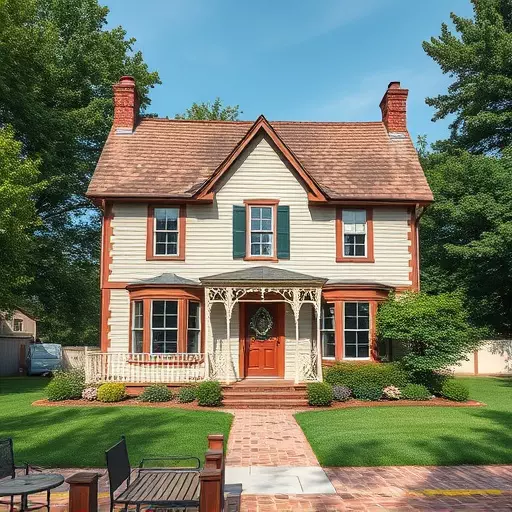
House sitting is a mutually beneficial vacation rental option where homeowners find cost-effective c…….
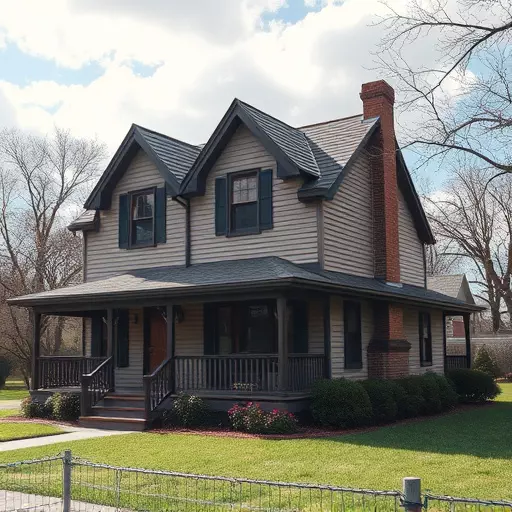
House sitting is a popular solution for busy professionals wanting to travel with peace of mind, as…….

House sitting is a unique property management approach that assigns trusted individuals to care for…….

House sitting is a crucial service for homeowners needing property care during vacations or remote w…….
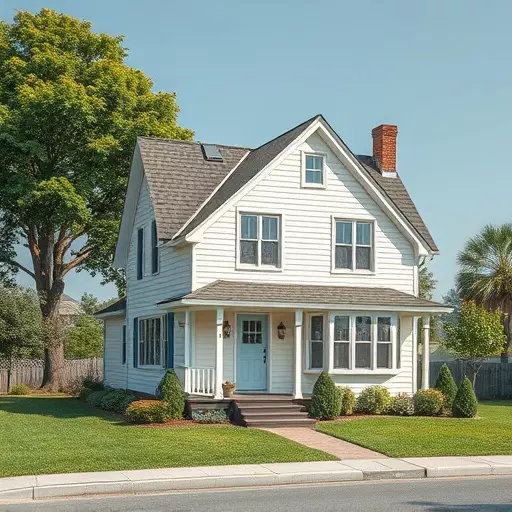
House sitting is a growing trend, offering travelers flexible accommodation options while promoting…….
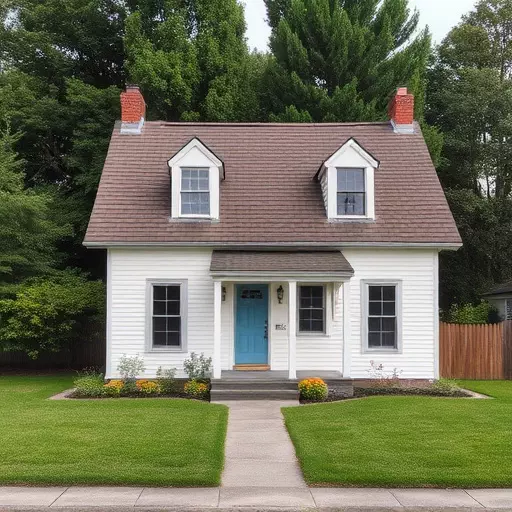
House sitting is a mutually beneficial arrangement where individuals temporarily reside in someone e…….

House sitting, a personalized service in property management, strengthens tenant-owner relationships…….